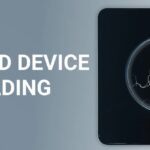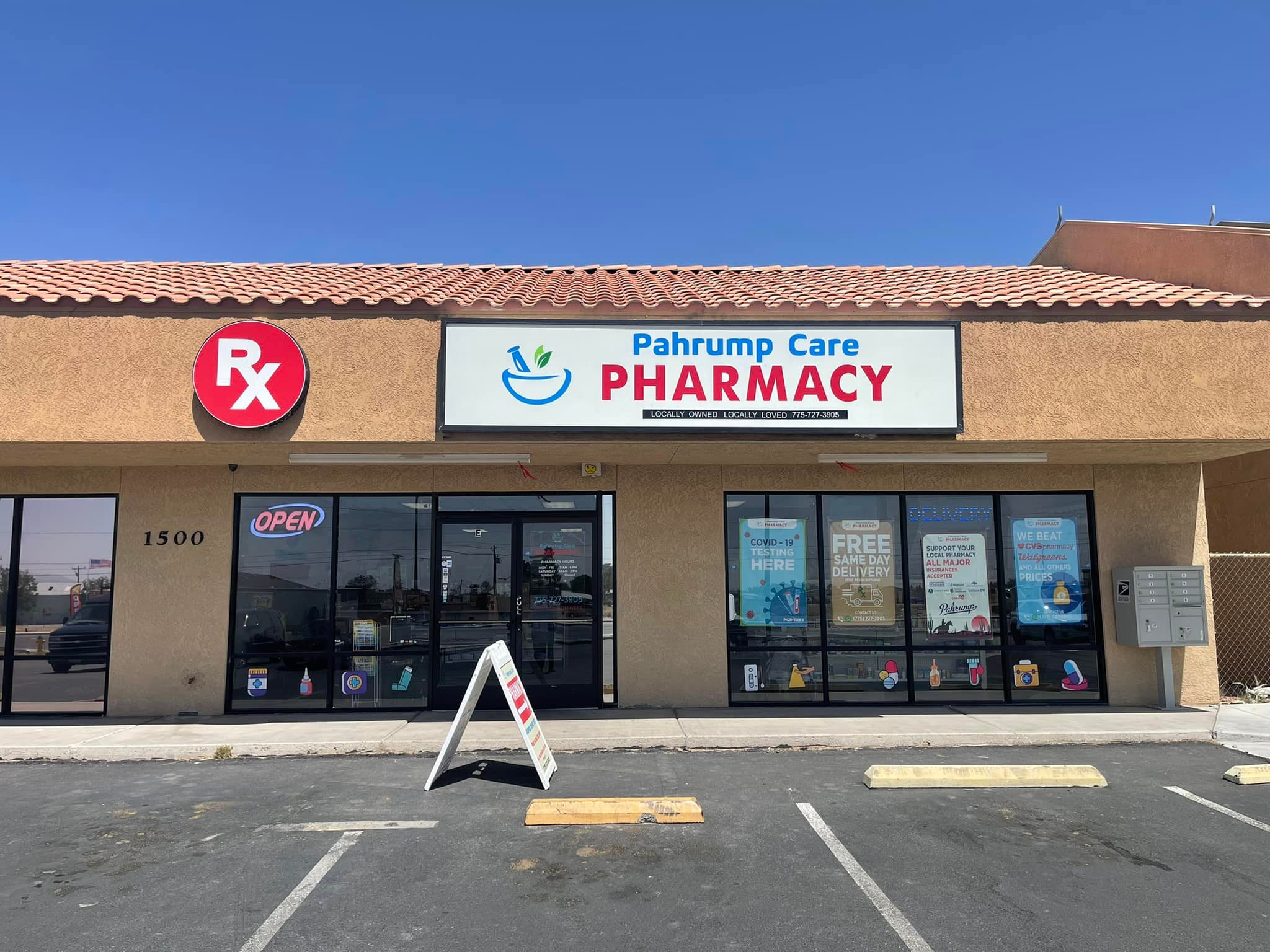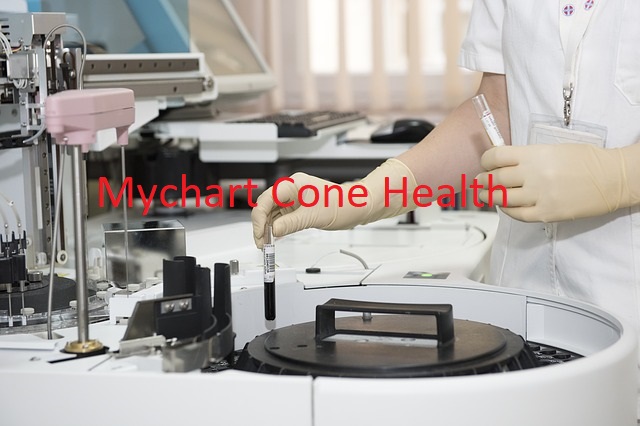Introduction
While the causes of acne can be multifactorial, one arising approach to understanding and treating acne is face mapping. Face mapping is an ancient practice embedded in traditional Chinese drugs that links specific areas of the face to different organs and body systems. By assaying the position of acne flights, it’s believed that one can gain sapience into the underpinning health issues and imbalances within the body. In this composition, we will explore the concept of Acne Face mapping, its implicit causes, and effective treatments to manage this skin concern.
Understanding Acne Face Mapping
What’s Acne Face Mapping?
Acne face mapping involves dividing the face into colorful zones, each associated with different organs and internal systems. According to traditional Chinese drugs, the position of acne on the face can give precious information about the state of health and implicit imbalances in the body.
How does it Work?
Interpreters of face mapping believe that specific areas of the face correspond to certain organs. For illustration, the forepart is linked to the digestive system, while the cheeks are associated with the respiratory system. When acne appears in a particular zone, it’s allowed To indicate an issue with the corresponding internal system.
Causes of Acne
Hormonal Imbalances
Hormonal imbalances, especially during puberty, period, or gestation, can spark redundant sebum products, leading to clogged pores and acne flights.
Salutary Factors
Consuming a diet high in refined sugars, slithery foods, and dairy products can complicate acne. Studies suggest that certain foods may contribute to increased inflammation and sebum products.
Stress and life
Habitual stress can elevate cortisol situations, which may lead to increased oil painting products and inflammation, contributing to acne development. Also, poor life habits, similar to lack of sleep and shy skincare, can worsen acne.
Environmental Factors
Exposure to adulterants and other environmental annoyances can clog pores and worsen acne, particularly for those living in civic areas with high pollution situations.
Results for Acne
1. Skincare Routine
Maintaining a harmonious and applicable skincare routine is essential for managing acne. Use gentle cleaners, slip to unclog pores, and apply on-comedogenic moisturizers.
2. Hormonal Regulation
For hormonal acne, consulting a healthcare professional for hormonal regulation styles like birth control capsules may be salutary.
3. Stress operation
Engage in stress-reducing conditioning similar to yoga, contemplation, or regular exercise to lower cortisol situations and reduce acne flare-ups.
Effective Treatments for Acne
1. Topical Retinoid
Topical retinoids, deduced from vitamin A, help unclog pores and promote skin cell development, reducing acne lesions.
2. Benzoyl Peroxide
Benzoyl peroxide is an effective untoward treatment that kills acne-causing bacteria and reduces inflammation.
3. Salicylic Acid
Salicylic acid exfoliates the skin and helps remove dead cells, keeping pores clear and precluding acne flights.
4. Antibiotics
For moderate to severe acne, antibiotics may be specified to control bacterial growth and reduce inflammation.
Conclusion
Acne face mapping is a fascinating concept that offers perceptivity into the relationship between our skin and internal health. While it may not be a definitive individual tool, it can give precious suggestions for understanding the root causes of acne. The flashback is that a holistic approach to acne operation, including a balanced diet, stress operation, and applicable skincare, is pivotal for achieving clear and healthy skin.
FAQs
Is acne face mapping a scientifically proven method?
While face mapping is rooted in traditional Chinese medicine, its scientific validity is still a subject of debate.
Can face mapping replace medical advice for acne treatment?
No, face mapping should be seen as a complementary approach rather than a substitute for medical advice. Always consult a healthcare professional for personalized acne treatment.
Are there any side effects of topical retinoids?
Some individuals may experience mild skin irritation and dryness when using topical retinoids. It is essential to follow the instructions provided by your dermatologist.
Can stress alone cause acne?
While stress can contribute to acne development, it is typically not the sole cause. Other factors like genetics, diet, and hormonal imbalances play a role as well.










